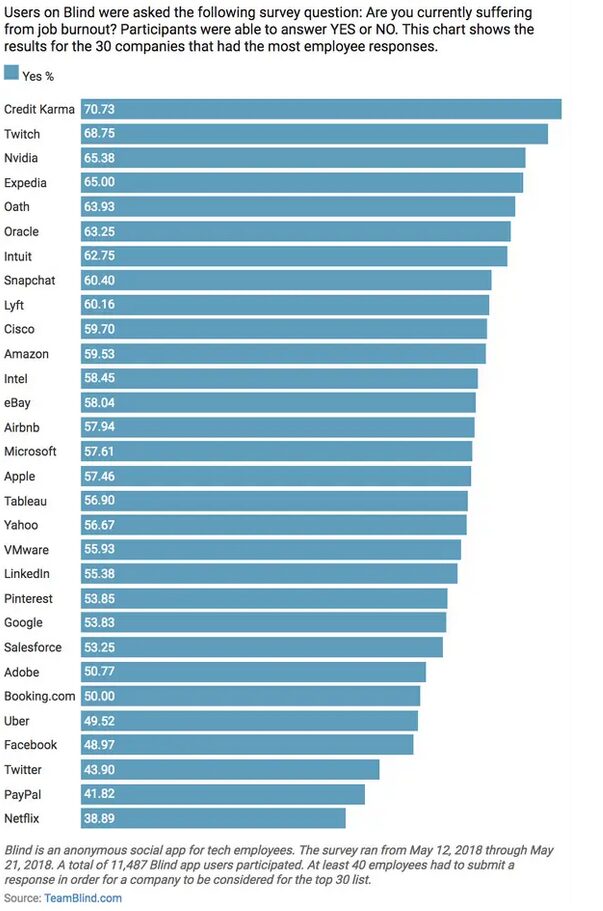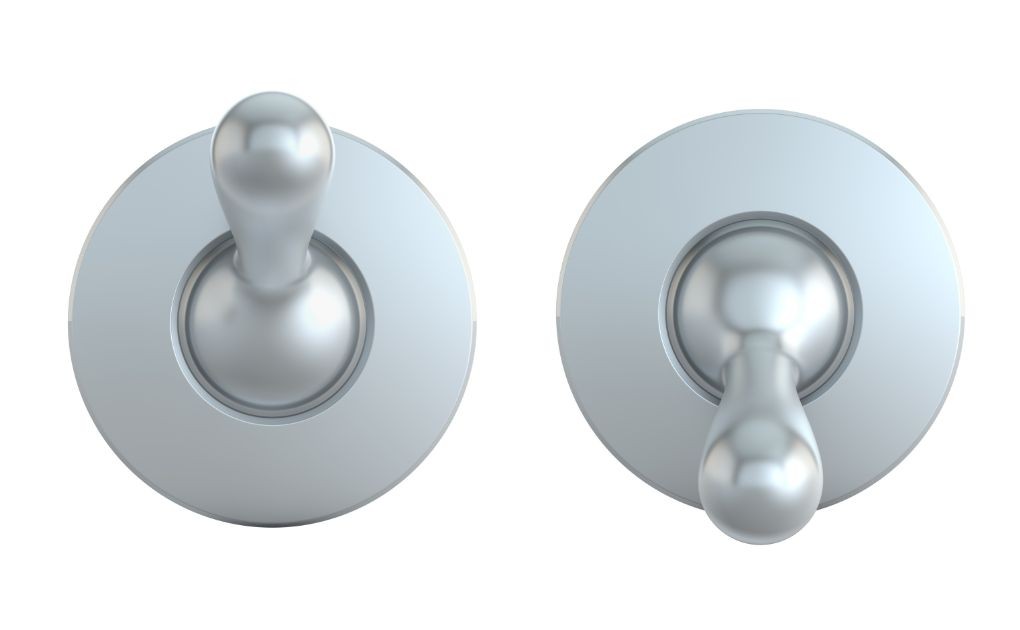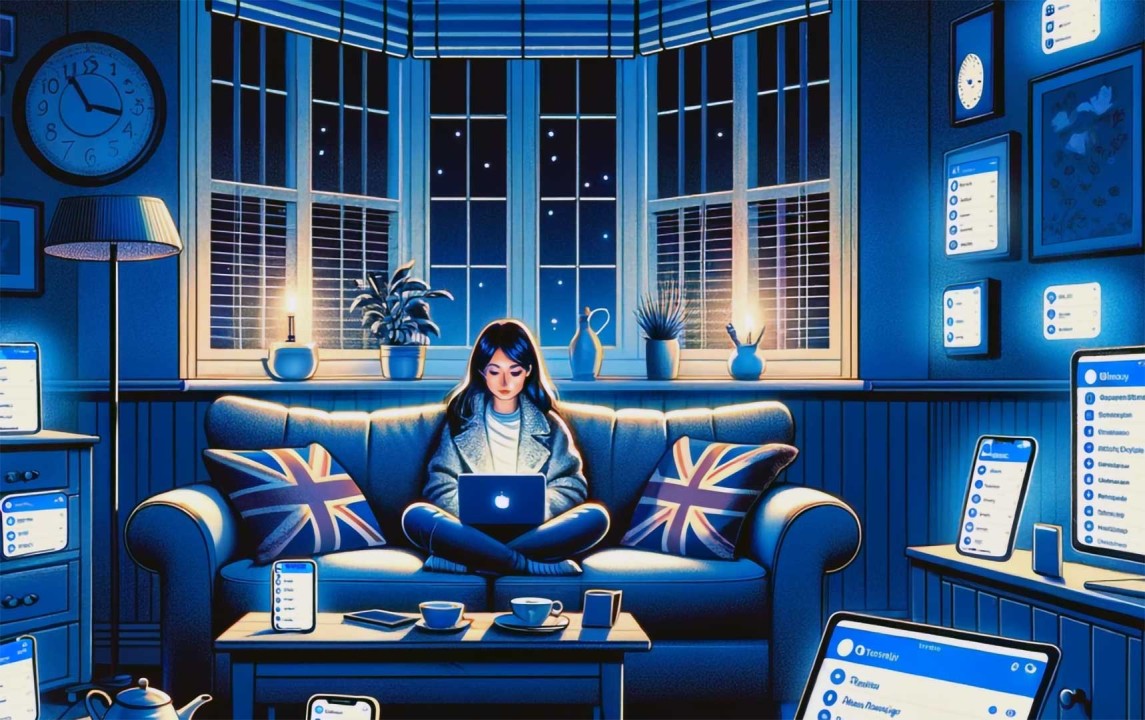Every now and then I see job ads where the workplace is described as an ‘always on environment’. It’s a synonym for hellish. How can anyone give their best by being constantly ‘on’?
Imagine when you’re asked about your best and worst qualities at an interview, citing an ability to disengage and take a break as a skill. We’re supposed to ham-fist our way through something about ‘being too hard on ourselves and only accepting the best’. Disengaging from work and taking a break is often the best way to increase engagement and boost productivity.
If you find yourself working evenings and weekends. If you judge how important you are to your employer by how full your calendar is, you’re not being productive. You’re marking time. Taking up space.
Recharge your batteries
Stepping back from work allows us to recharge our batteries and replenish energy levels. When we feel refreshed and energised, we’re more likely to be productive, focused, and engaged. If you’ve ever been on a call with someone who has spent eight hours taking similar meetings, it shows. That manager whose calendar is always rammed to the gills and who just can’t fit you in – they’re not actually managing.
Enhance creativity
How often have we heard how taking a break enhances creativity and problem-solving skills? Thing is, it’s true. Taking time away from work can help us come up with new ideas and find innovative solutions to problems.
Denver-based computer software firm, Ping Identity offers employees unlimited vacation and paid volunteer time. But because teams didn’t use the benefit, CEO Andre Durand created “artificial holidays,” and built opportunities into employees’ schedules to take time off. Other companies have latched onto the idea of designating a two-week “rejuvenation period.” Employees are told to abstain from all meetings and either take the time off or use it to get caught up in doing their actual jobs.
Improve mental health
Think you’re stressed about how you’re going to get everything done? You’re likely ‘always on’. Chances are this is how you like to be seen, and yet, the fact remains, disengaging from work improves mental health and well-being.
Chronic stress and burnout leads to decreased motivation, decreased productivity, and increased risk of depression and anxiety. When we forgo taking mental breaks from work, we become wrapped up in responsibilities and risk becoming overwhelmed.
Blind a message board app created for employees to talk about work anonymously, surveyed more than 11,000 employees at 30 of the biggest tech companies to find out just how many of them feel burnt out by their work. 57% said they were struggling. At multinational personal finance company Credit Karma. Almost 71% of employees reported suffering from burnout.

By taking breaks and reducing stress, we improve our overall mental health and well-being.
Increase productivity and innovation
Counter-intuitively, disengaging from work can actually increase productivity and innovation. When we feel refreshed and energised, we’re far more likely to work faster and more efficiently, and to tackle complex problems with greater ease.
Brain imaging studies show that doing nothing, being idle, daydreaming, and relaxing create alpha waves in the brain that are key to creative insights and innovative breakthroughs. Research has shown positive emotions—the kind we feel on a relaxing, playful vacation or when we take downtime—make us more inventive and able to think outside the box.
Foster better relationships
Taking breaks from work can also help foster better relationships with colleagues, friends, and family. Spending time with loved ones and engaging in hobbies and interests outside of work helps build stronger connections and improve overall happiness and satisfaction.
Home and work life balance
The blurring of home and work life has put more and more people at danger of burning out. If you struggle to power down from work, or the thought of spending some evenings completely cut off from work makes you anxious, consider changing the way you think about it.
Think of downtime in terms of all the actions you won’t take, such as, “I won’t work,” or, “I won’t open my email.” Establish for yourself all the things you will do in that time. For example, “I will take time to recharge,” or “I will be fully present at dinner with friends.”
So, the next time you feel overwhelmed, remember that sometimes the best way to engage is to disengage.


